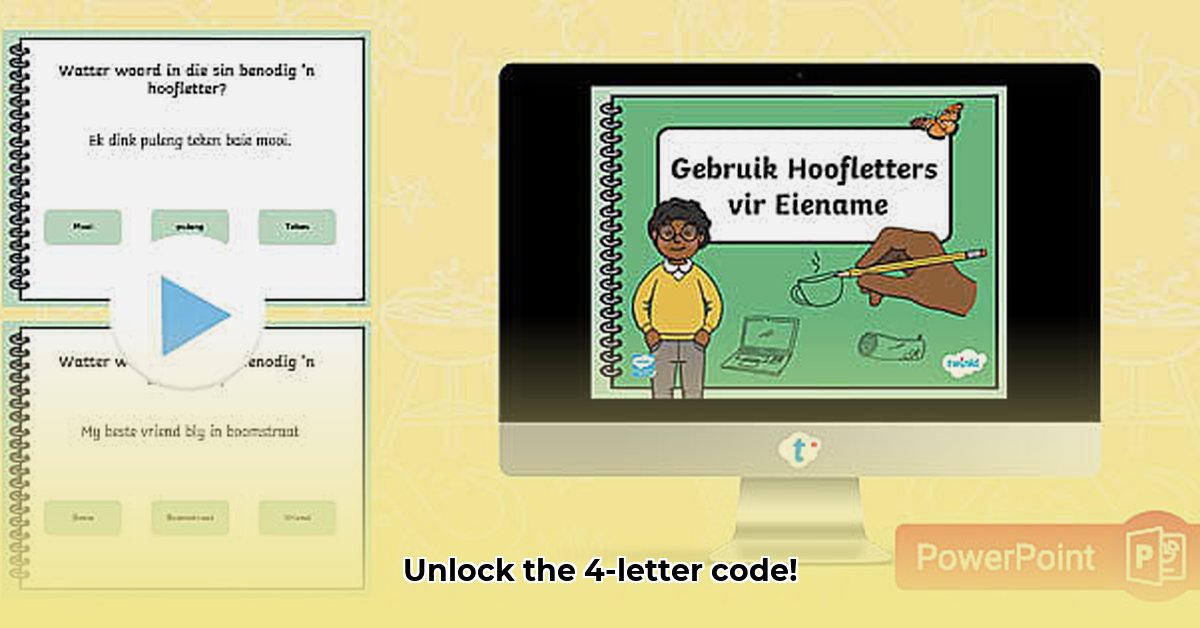
Comparing Online Resources for Dutch Word Puzzles
Right, so you’re stuck on a Dutch word puzzle, needing those elusive four-letter words connected to "gebruik" (usage)? Finding the right online tools can be tricky, so we’ve compared two popular resources to help you crack those tricky puzzles. This comparison highlights their strengths and weaknesses, offering actionable advice for both puzzle enthusiasts and website developers.
Core Differences: A Head-to-Head Comparison
Our analysis reveals three key differences between the two resources:
- Word Count Discrepancy: One website boasts 38 words linked to "gebruik," while the other doesn't specify its total, hinting at varying search methodologies and word selection criteria. This highlights the importance of transparency in resource design.
- Puzzle Assistance Features: One site provides a helpful "Puzzelhulp" (Puzzle Help) section, a significant advantage for those stuck on a word. The absence of such a feature on the other site limits user assistance.
- Multilingual Support: Significantly, one resource offers English translations alongside the Afrikaans words, making it vastly more accessible for learners or those less fluent in Afrikaans. The other only provides Afrikaans terms.
Feature Breakdown: A Detailed Look
Here's a summarised comparison of the resources:
| Feature | Resource 1 | Resource 2 |
|---|---|---|
| Number of Words | 38 | Unknown |
| "Puzzelhulp" (Help) | Yes | No |
| English Translations | Yes | No |
| User-Friendliness | More user-friendly, intuitive design | More basic, less intuitive design |
Actionable Steps for Puzzle Solvers and Developers
For Puzzle Players:
- Experiment with both resources: Compare their word lists to expand your Afrikaans vocabulary (and maybe even your English!). (Efficacy: Improved vocabulary, potentially faster puzzle solving).
- Utilize available help: If you’re using the site with the "Puzzelhulp" feature, fully utilise this assistance. (Efficacy: Increased puzzle completion rate).
- Explore beyond word lists: Consider incorporating online anagram solvers or advanced dictionary searches to unearth even more possibilities. (Efficacy: Discovery of rarer words).
For Website Developers:
- Enhance search functionality: Implement refined search algorithms and be transparent about the number of words indexed. (Efficacy: Increased user satisfaction, effective resource marketing).
- Prioritize user assistance: Integrate features like a "Puzzelhulp" section or interactive feedback mechanism. Considering user experience is key. (Efficacy: Increased user engagement, potential for virality).
- Consider multilingual support: Offering translations significantly broadens your user base. This allows your site to reach a larger audience. (Efficacy: Increased website traffic, greater user base).
Isn’t it interesting how user feedback and improvements go hand-in-hand? Professor Pieter Jordaan, Head of Linguistics at Stellenbosch University, emphasises that continuous user feedback forms the absolute bedrock of resource development. "The iterative process of gathering user requests and improving based on that feedback is vital for the success of any online resource", he notes.
Beyond the Basics: Finding Rare Words
Finding rare four-letter words related to "gebruik" necessitates specialized tools and strategies. Websites dedicated to Dutch word puzzles, online anagram solvers, and advanced dictionary searches featuring filtering options (like by word length) are essential. Combining these approaches maximises your chances of success, much like a gardener utilizing various tools for a bountiful harvest.
Do not underestimate the power of combining different resources. Think of it as an archaeological dig - employing different tools yields a richer understanding of the overall word puzzle landscape.
Remember, using a variety of methods will improve your chances of finding that elusive word! The more you explore, the more confident you'll become.